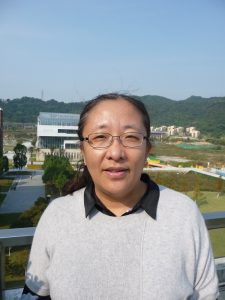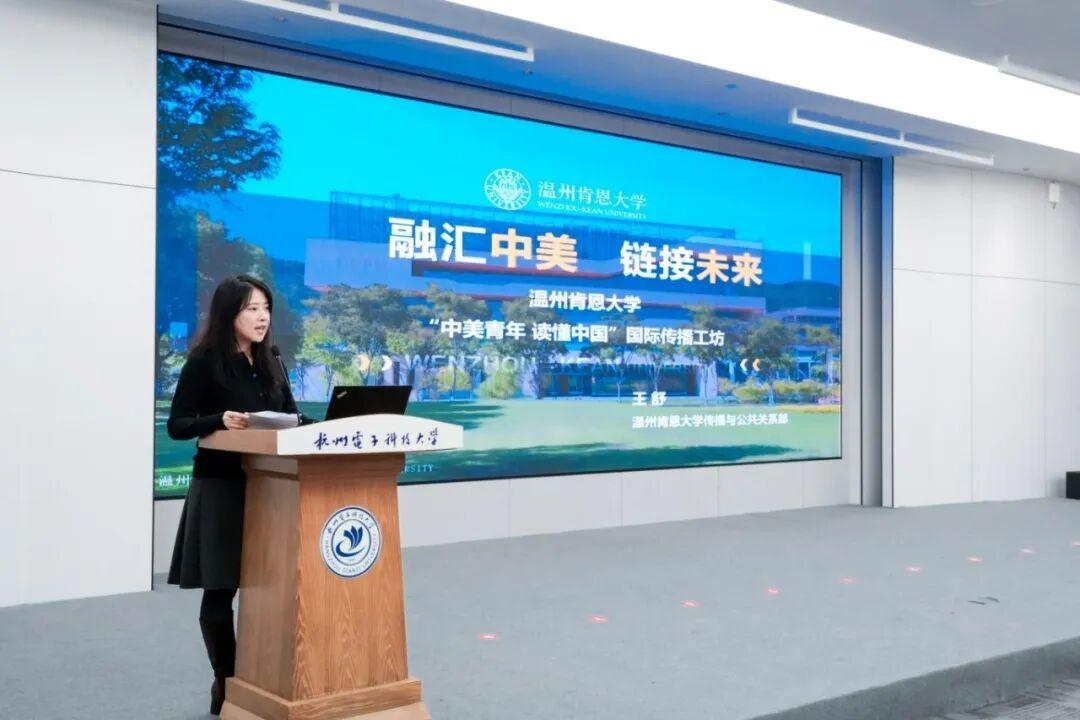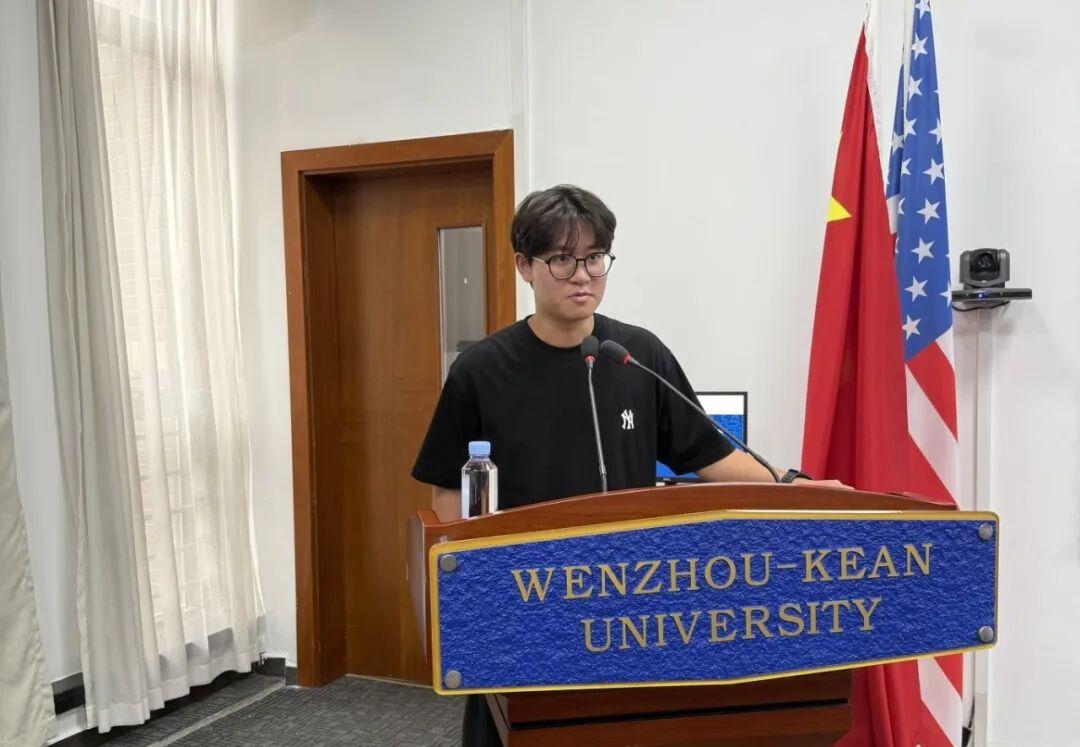
Tiffany Tang
-
职位:计算机科学与技术副教授
-
学院:理工学院
-
办公室:GHK C229
-
邮箱:
EDUCATION BACKGROUND
Sept. 2001 – March 2008 PhD in Computer Science University of Saskatchewan, CANADA
Sept. 1993 – June 1996 MS in Computer Science Jinan University, CHINA
Sept. 1989 – June 1993 BS in Computer Science Central South University, CHINA
ACADEMIC EXPERIENCE
Apr. 2009 – Aug. 2012 Assistant Professor in Department of Computer Engineering, Konkuk University, Republic of Korea
Aug. 2008 – Jun. 2009 Lecturer in Department of Computing, Hong Kong Polytechnic University, Hong Kong
July 2007 – Aug.2008 Project Associate in Department of Computing, Hong Kong Polytechnic University, Hong Kong
Oct. 2003 – Jun. 2007 Instructor/Project Assistant in Department of Computing, Hong Kong Polytechnic University, Hong Kong
Nov. 1999 – Aug.2000 Research Assistant in Department of Computing, Hong Kong Polytechnic University, Hong Kong
RESEARCH PROJECT
Wenzhou Municipal Science and Technology Bureau: The Design of a Personalized and Configurable Intelligent Tutoring System for Children with Autism Spectrum Disorder using Eye Tracking based Behavioral Data for User Modeling
WKU International Collaboration Program: WKU – The Hong Kong Polytechnic University Autism Research Center
RESEARCH ACHIEVEMENT
Dr. Tang had worked in the Hong Kong Polytechnic University for over eight years as research assistant, project associate and lecturer. During 2006 to 2007, she was appointed as a lecture for PolyU’s joint master program with Xi’an Jiao Tong University.
She joined Wenzhou-Kean University as one of the founders of its Computer Science department in September 2012. Over the years, she had supervised teams of students to win two Microsoft China’s national competitions in 2014. In May 2015, she co-founded Wenzhou-Kean Autism Research Center (now named: Innovative Technology for Autism Research Center). Till now, together with Dr. Pinata Winoto, her team had published a total of 26 book chapters, journal and conference papers related to innovative technology for autism, including in such international premier conferences as ACM CHI’2015, ACM CSCW’2015, ACM Ubicomp 2015, 2018, ACM IDC’ 2017, etc.
In summer 2017, at ACM IDC’ 2017, her presentation on emotion reading by and for children with autism received much attention and was later reported in the prestigious science magazine ‘Science’ on Jan. 3 (https://www.nature.com/articles/d41586-017-08968-x). The research was made available to all ACM members worldwide as ACM TechNews on Jan. 5 (https://technews.acm.org/archives.cfm?fo=2018-01-jan/jan-05-2018.html). In July 2018, Dr. Tang accepted another world premier science and technology news outlet, New Scientist’s interview request for another research project on developing assistive technology for children with autism.
She now co-directs a joint research project on artificial intelligence for automatic behavioral and emotion analysis for children with autism with the Hong Kong Polytechnic University supported by the Zhejiang Natural Science Foundation.
Dr. Tang’s most recent research interests include affective computing and computational sensing on autism, sensing and wearable technologies for human computer/robot interaction, human-factored recommendation systems, assistive and wearable technology for special education, data mining and artificial intelligence in education.
PUBLISHED PAPERS
A Comparative Study of Applying Low-Latency Smoothing Filters in a Multi-kinect Virtual Play Environment
Alone Together: A Multiplayer Augmented Reality Online Ball Passing Game
Alone Together: Multiplayer Online Ball Passing using Kinects – An Experimental Study
Assessment of the utility of gesture-based applications for the engagement of Chinese children with autism
Emotion Recognition via Face Tracking with RealSenseTM 3D Camera for Children with Autism
Engaging Chinese Children with Autism to Interact with Portable Hand- and Finger-Gesture Based Applications: Experiment and Reflections
Geographical Information in a Multi-domain Recommender System
Helping Neuro-typical Individuals to “Read” the Emotion of Children with Autism Spectrum Disorder: an Internet-of-Things Approach
Human aspects of making recommendations in social and ubiquitous networking environments
I should not recommend it to you even if you will like it: the ethics of recommender systems
Information Revelation for Better or Worse Recommendation: Understanding Chinese Users’ Privacy Attitudes and Practices
On Active Sharing and Responses to Joint Attention Bids by Children with Autism in a Loosely Coupled Collaborative Play Environment
On Modeling the Evolving Emotion on Literature
“One Doesn’t Fit All”: A Comparative Study of Various Finger Gesture Interaction Methods
Supporting Collaborative Play via an Affordable Touching + Singing Plant for Children with Autism in China
Supporting Multiplayer Online Ball Passing at a Distance with Multiple Sets of Kinect
The Effect of Emotion in an Ultimatum Game: The Bio-Feedback Evidence
The Negative Effects of ‘Too Accurate’ Recommendation Results: A Pilot Study of the Effects of Search Engine Overuse on Chinese Students
“The Sum of All Our Feelings!”: Sentimental Analysis on Chinese Autism Sites
When Arduino Meets Kinect: An Intelligent Ambient Home Entertainment Environment




